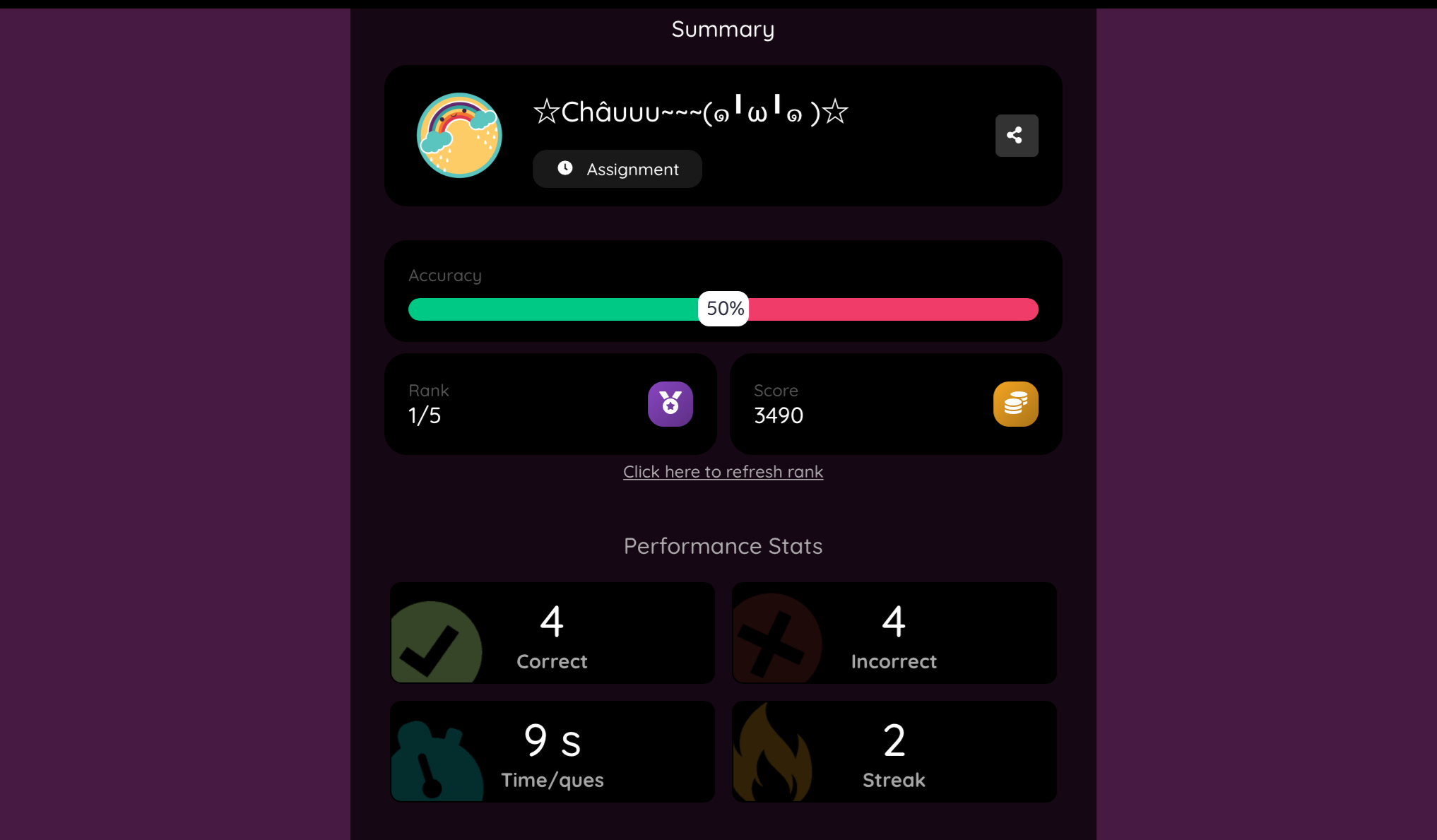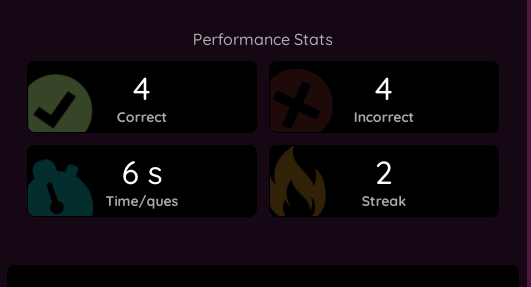Hãy nhập câu hỏi của bạn vào đây, nếu là tài khoản VIP, bạn sẽ được ưu tiên trả lời.

1. Hans Lipperhey, who was a glasses maker, invented the telescope in 1608.
(Hans Lipperhey, một nhà sản xuất kính, đã phát minh ra kính thiên văn vào năm 1608.)
2. Mercury thermometer, which was invented in 1714, was invented by Daniel Fahrenheit.
(Nhiệt kế thủy ngân, được phát minh vào năm 1714, được phát minh bởi Daniel Fahrenheit.)
3. Modern-day dishwasher, which was invented in 1886, was invented by Josephine Cochran.
(Máy rửa bát hiện đại, được phát minh vào năm 1886, được phát minh bởi Josephine Cochran.)
4. Karl Benz, who was a designer, invented the car.
(Karl Benz, một nhà thiết kế, đã phát minh ra ô tô.)

1. I met a boy whose brother is in my class.
(Tôi đã gặp cậu bé, anh trai của cậu ấy học lớp tôi.)
2. He's the man who/ that I saw on the train.
(Anh ta là người mà tôi đã gặp trên tàu.)
3. Is that the dictionary which/ that you bought yesterday?
(Đây có phải cuốn từ điển mà bạn mua hôm qua không?)
4. Show me the computer which/ that you got for your birthday.
(Cho tôi xem cái máy tính mà bạn nhận được vào dịp sinh nhật ấy.)
5. Is that the cafe where you worked last summer?
(Đó có phải quán cafe nơi mà bạn làm việc mùa hè năm ngoái?)
6. New Year's Day is the day which/ that comes after New Year's Eve.
(Ngày Tết là ngày sau đêm giao thừa.)

1. The phrase "digital natives" refers to people who are familiar with computers and the internet from an early age.
2. The internet will motivate students to study more effectively
3. Please don't ask him questions about his family. He hates answering personal questions
4. Our students are very excited when they have opportunities to do physical exercise
5. My son, who is a promising pianist, is now interested in composing electronic music
6. Many teacher have now understood the benefits that mobile devices can bring
7. I'm looking for some new applications to put on my smartphone to improve my English pronunciation
8. The ringing sound from mobile phones is disruptive and annoying in the classroom
9. People are now familiar with the term m-learning or mobile learning,which focuses on the use of personal electric devices
10. In the grammar part of this unit we study relative clauses
11. That laptop, which has the latest technology,is very expensive
12. Some of my classmates think that it is not easy to know which clause is defining and which is non-defining

1. George Beauchamp, who was an American inventor, invented the electric guitar in 1932.
(George Beauchamp, một nhà phát minh người Mỹ, đã phát minh ra đàn guitar điện vào năm 1932.)
2. Philo T. Farnsworth, who was the first television's inventor, invented it in 1927.
(Philo T. Farnsworth, người phát minh ra tivi đầu tiên, đã phát minh ra nó vào năm 1927.)
3. Tom Kilburn, who developed the first software in 1948, worked for the University of Manchester.
(Tom Kilburn, người phát triển phần mềm đầu tiên vào năm 1948, làm việc cho Đại học Manchester.)
4. Edward Jenner, who created the first vaccine in 1796, was a country doctor in England.
(Edward Jenner, người đã tạo ra vắc-xin đầu tiên vào năm 1796, là một bác sĩ nông thôn ở Anh.)

Rule a:
+ Harris Aslam is an ambitious young man who left school at the age of thirteen to work in his family's grocery business.
(Harris Aslam là một chàng trai trẻ đầy tham vọng, bỏ học năm 13 tuổi để làm việc trong công việc kinh doanh tạp hóa của gia đình.)
+ Now, at the age of eighteen, he owns three shops in Kirkcaldy, Scotland, the town where he was born and broupht up.
(Bây giờ, ở tuổi mười tám, anh sở hữu ba cửa hàng ở Kirkcaldy, Scotland, thị trấn nơi anh sinh ra và lớn lên.)
+ The job he is now applying for is CEO of Nisa Retail, a grocery business whose annual sales are about £1.6 billion!
(Công việc hiện anh đang ứng tuyển là Giám đốc điều hành của Nisa Retail, một công ty kinh doanh tạp hóa có doanh thu hàng năm khoảng 1,6 tỷ bảng Anh!)


 :)
:)
a. In non-defining relative clauses, we use who, which, where and whose, but we do not use that.
(Trong mệnh đề quan hệ không xác định, ta dùng, who, which, where và whose, và chúng ta không dùng that.)
b. A non-defining relative clause:
(Một mệnh đề quan hệ không xác định là:)
comes immediately (1) after a noun and gives us information about that noun.
(theo ngay sau một danh từ và cho biết thông tin về danh từ đó.)
adds extra information to the sentence; the sentence (2) makes sense without it.
(thêm thông tin vào câu; câu vẫn có nghĩa khi không có nó.)
(3) has a comma at the start. It has a comma or a full stop at the end.
(có một dấu phẩy ngay lúc bắt đầu. Có một dấu chấm hoặc dấu phẩy vào cuối câu.)